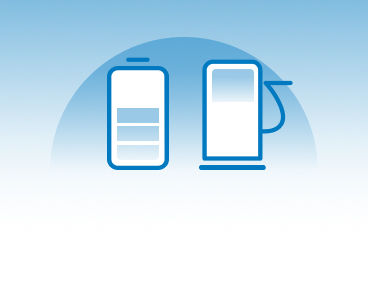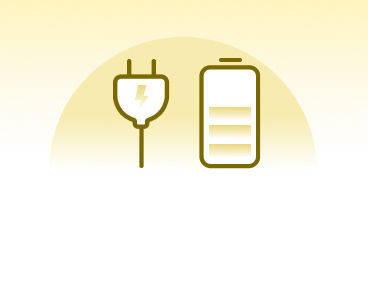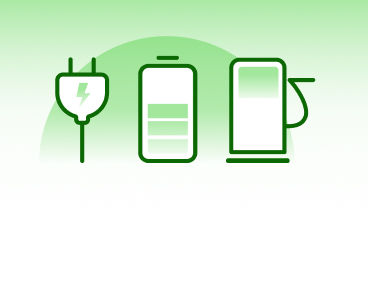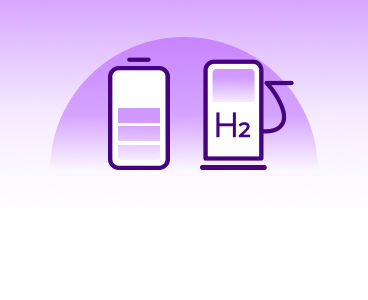Select a province & language
Entrance to this website assumes you have read and agree to these Legal Terms and Conditions and the Privacy Policy.
Entrance to this website assumes you have read and agree to these Legal Terms and Conditions and the Privacy Policy.
You can charge a Battery Electric Vehicle (BEV) or Plug-in Hybrid Electric Vehicle (PHEV) at home, at work, or at most public charging stations. How long it takes to charge a BEV or PHEV depends on the size of the battery and the speed or Level of charging point.
A great pick for drivers with short commutes. You can charge anywhere there is a common household 3-prong outlet.
The best setup for faster EV charging at home. You’ll find Level 2 chargers at public charging stations nationwide1. Level 2 Home Chargers like ChargePoint can be installed at home by a licensed electrician4.
Under ideal conditions, it can be the quickest way to charge up on the go2. Currently only available at select public charging stations3.
Installing a dedicated Level 2 charger at your residence can make a lot of sense, especially for battery electric vehicle owners. These chargers use a 240-volt outlet, the same amount of power used by home appliances like a stove, or HVAC equipment.
There are a number of factors to consider before installing a Level 2 charger. For example, the best location, the type of connector, the length of cord, permanent or portable installation, and amperage.
It is highly recommended that you speak to a certified installer about requirements, including the right plug head, and installation costs. And be sure to check if there are any government rebates in your area for the installation4 of a home EV charger.
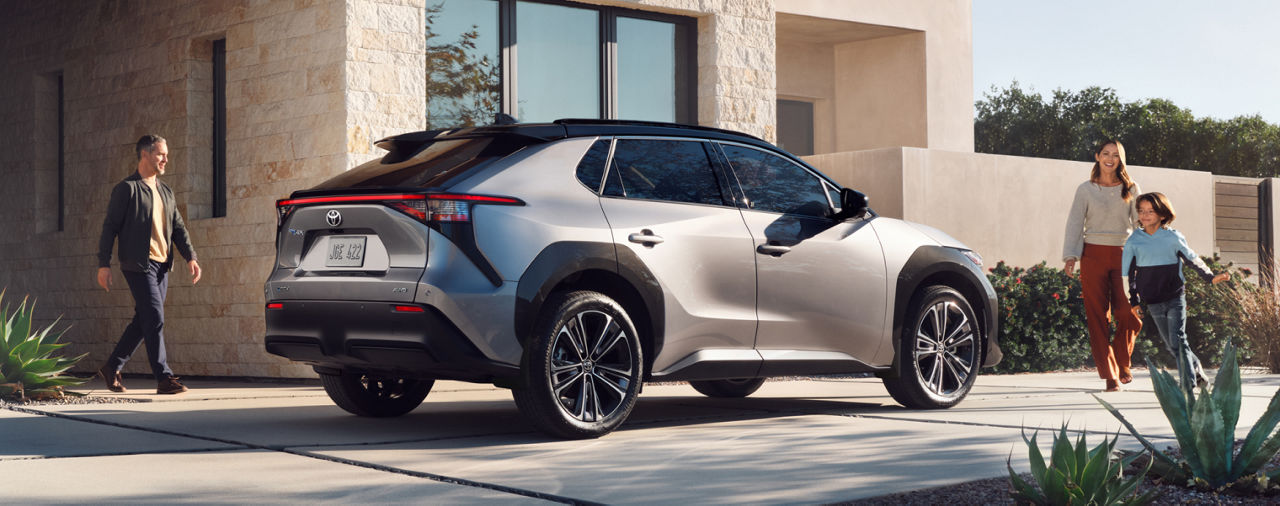
Ready to plug-in to the potential of an electrified vehicle? Look to the bZ4X, our all-electric SUV, or our other proven Toyota plug-ins.
Canada has more than 5,000 public charging stations. Most are Level 2. However, there is a growing network of Level 3 fast chargers. The Transport Canada website makes it easy to locate a charger near you.
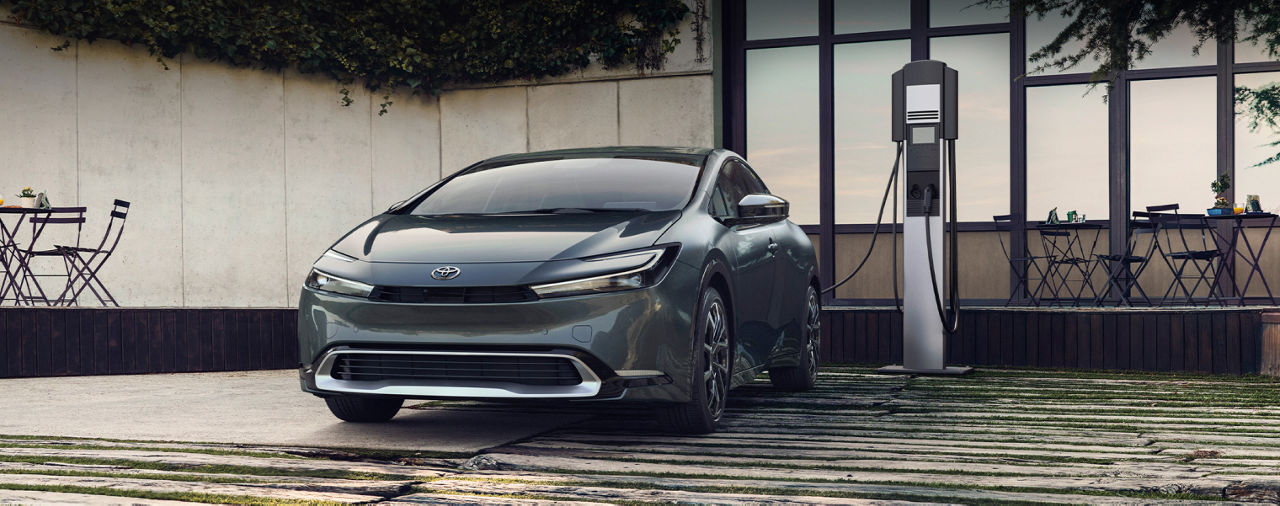
Charging at home is simple and convenient. Using the Toyota App or your vehicle’s Charge Management System, you can set a charging schedule that suits your specific daily routine while also taking advantage of off-peak electricity costs.
Charge time is dependent on the state of charge of your vehicle. One key factor that affects charging is weather. As the temperature approaches freezing and below, we strongly recommend AC charging. DC Fast Charging times will increase as the temperature drops. For example, at -10 degrees Celsius, DC Fast Charging times can increase by approximately five times. As temperatures drop even further, DC Fast Charging may be considerably longer or not possible. In order to ensure effective charging and preserve battery health over the life of the vehicle DC Fast Charging should be limited to two sessions per day year-round.
The charge time for a Prius Plug-in Hybrid is as fast as 4 hr on a level 2 240v outlet1 and up to 11 hr on a standard 120v household outlet2.
1 Charge time is for 240v outlet (charging station). Always plug-in in accordance with Owner's Manual.
2 Charge time is for standard 120v household outlet. Always plug-in in accordance with Owner's Manual.
The RAV4 Plug-in Hybrid can charge in as fast as 2 hr 30 mins on a level 2 240v outlet1.
1 Charge time is for 240v outlet (charging station). Always plug-in in accordance with Owner's Manual.
Toyota BEVs and PHEVs come standard with a level 1 charging cable that can be plugged into any 120v household outlet. Level 2 charging at home will require the purchase of a charger and the associated installation1 costs. Please contact a certified installer about requirements, including the right plug head, and costs. Federal and Provincial charger rebates may be applicable.
1 To reduce risk of fire, injury, or property damage, only (i) purchase/install a safety certified EV charger with voltage/current that are vehicle compatible (ii) use a licensed insured electrical professional to install charger (iii) install and operate in accordance with charger manufacturer's instructions/warnings and applicable laws.
The Transport Canada website makes it easy to locate a charger near you.
The Toyota App is also a useful tool to help find a charging station while on the go.
To get the most out of your battery electric vehicle, make charging a regular habit by setting a charging schedule using the Toyota App or the vehicle’s Charge Management System to allow you to get the most out of your range and to avoid range anxiety.
